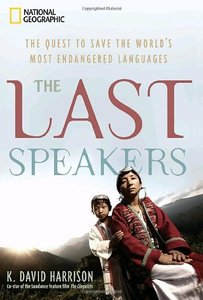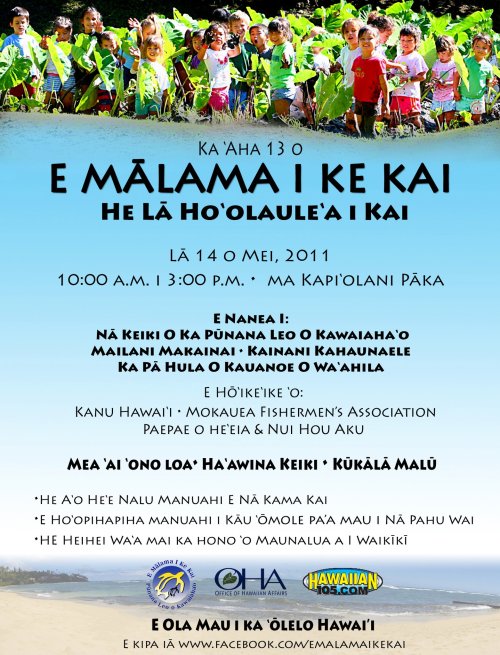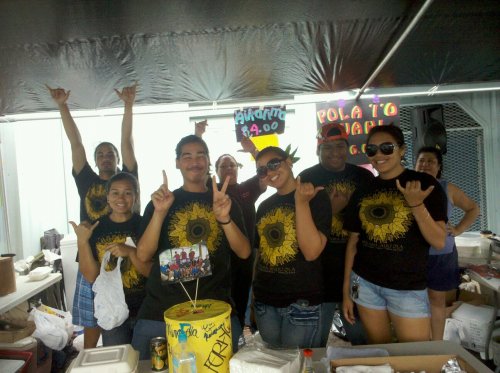Author David Harrison’s new “The Last Speakers: The Quest to Save the World’s Most Endangered Languages,” is a must-have for you linguist and passionate indigenous speakers out there. The media such as the L.A. Times and the Huffington Post has been writing about this amazing piece of literature.
“A language that was on the brink of extinction can and actually has been revitalized. I think a very formidable success story is the Hawaiian language.”
– David Harrison
In Harrison’s book he mentions that the Hawaiian language was down to a small number of speakers and was in an advances state of endangerment. He commented saying that if things had not changed then Hawaiian might have been extinct today, but the community pit forth an enormous effort.
Harrison did his research and shared with his readers that when native Hawaiian speakers were trying to bring the language back they created nests, they raised a new generation of youngsters (such as myself) speaking the language and now there are speakers of Hawaiian all around Hawaii.
He also stressed on the idea of how there are native Hawaiian speakers of all ages, not just older grandparents, which was the case in the beginning, but now Hawaiian is even becoming one’s first language.
Harrison mentioned on an interview that he always hears critics saying that “It’s inevitable that these languages will die, so why even try?” In response Harrison believes that it’s simply not true and the Hawaiians as well as the Mohawk and Cherokee have proved that to the world.
Personally, I have just started reading this book and if you are very passionate about linguistics and cultures I suggest you pick it up.









